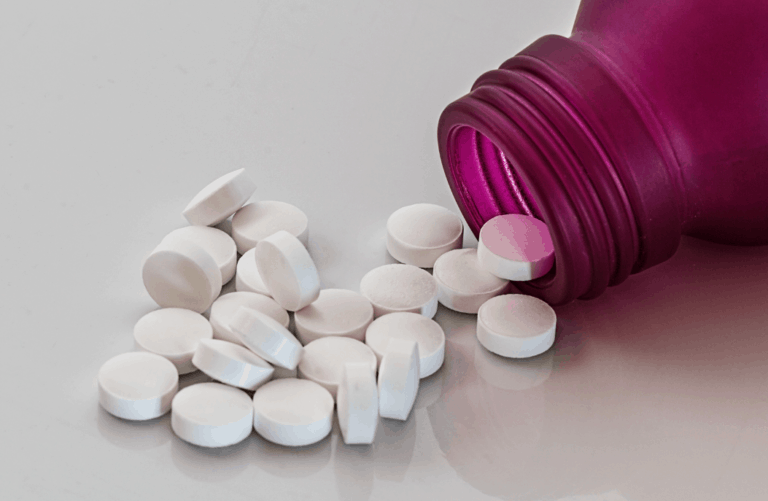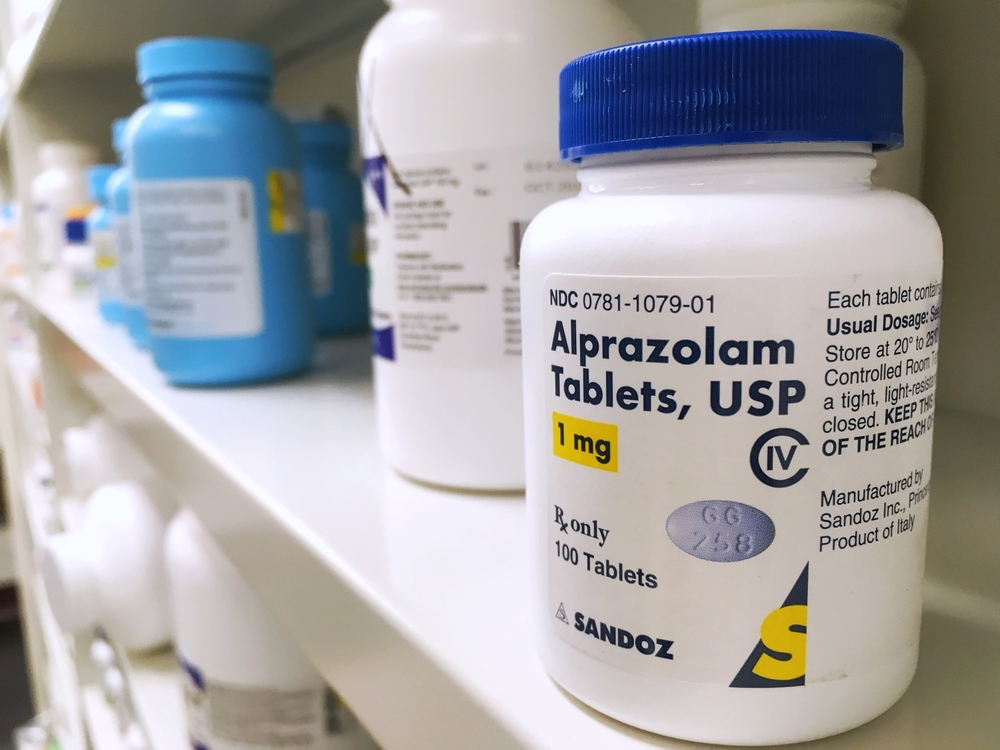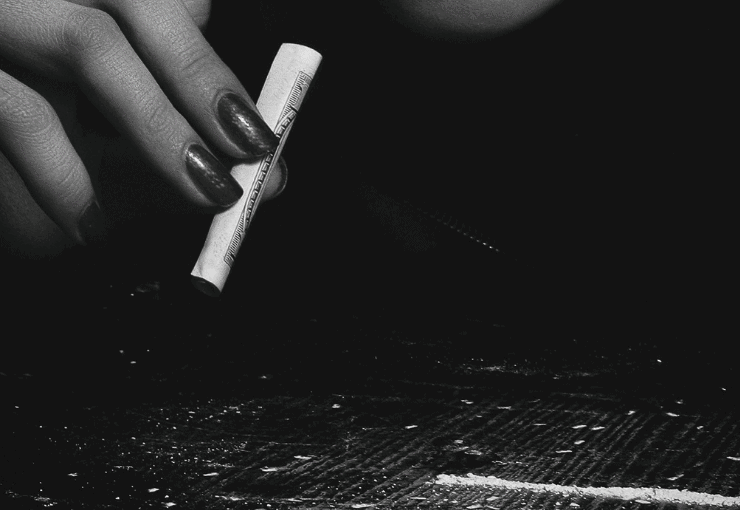History of MDMA
MDMA, commonly known by its street name “Ecstasy”, was developed by German technology company, Merck, in 1912. It was formulated as a synthetic, psychoactive drug with a similar chemical structure to amphetamines and hallucinogens. Due to its experimental nature, MDMA was often used as an agent in psychotherapy beginning in the early 1970s. Therapists often credited the drug with eliminating the patient’s fear response and, therefore, improving open communication. By the 1980s, MDMA became a designated party drug because of its ability to enhance both mood and perception. This increase in recreational use prompted the official ban of MDMA in the United States in 1985 beneath the umbrella of Nancy Reagan’s “Just Say No” anti-drug campaign. Like any illicit drug, MDMA remains available to the public by means of illegal manufacturing and sale by drug trafficking organizations. Today, MDMA is used more than ever before. According to a 2014 report by the National Survey on Drug Use and Health, more than 17 million Americans reported using MDMA at least once in their lifetime.
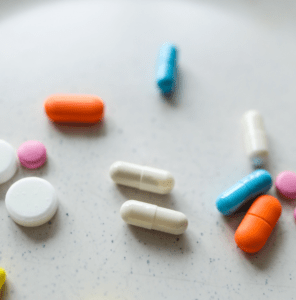
The MDMA High
MDMA is typically taken orally but can also be snorted, smoked, and injected (rare). It typically takes effect within 30-45 minutes of consumption and lasts from 3-6 hours. MDMA produces a high in which the user experiences:
Euphoria
Increased confidence
Enhanced perception
Teeth grinding
Relaxation
Increased empathy
Heavy perspiration
Side Effects of MDMA Abuse
Long-term MDMA abuse can cause lasting effects and irreversible damage. Such side effects include:
Chronic depression
Kidney failure
Brain damage
Insomnia
Cardiovascular collapse
Memory loss
Convulsions
Death
MDMA Use in the United States
MDMA use remains prevalent in night club scenes but is also increasingly common among teenagers and young adults. According to the National Drug Intelligence Center, More than 10 percent of high school seniors have tried MDMA at least once, and more than 2 percent have used the drug in the past month. A 2011 survey by the Substance Abuse and Mental Health Services Administration estimated 22,498 emergency room visits involved ecstasy use, with the majority occurring among individuals aged 18 to 29.
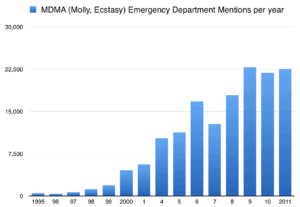
MDMA Addiction Treatment
MDMA is highly addictive and life-threatening when abused; therefore, it is extremely important to seek help immediately if you or a loved one is struggling with this addiction. At Asheville Recovery Center, one of the best Legacy Treatment Centers Asheville has to offer, our treatment specialists utilize a 12-step program while practicing holistic rehabilitation.
Services at the center include:
Partial Hospitalization Program – At Asheville Recovery Center we offer a partial hospitalization program for clients who need post-residential treatment as well as for clients who need primary treatment but are unable to enroll in inpatient programs. Our PHP track offers a variety of therapeutic services and benefits to individuals in early recovery from substance addiction. As one of the best iop programs Asheville, North Carolina has to offer, our day program is full-time, offering all of the clinical hours provided in residential treatment (from 9 am to 5 pm) with the benefit of allowing clients to return home to a structured sober living environment at night. This gives individuals the opportunity to build a community of peers and practice life skills, such as cooking, cleaning, and self-care, while still participating in immersive and intensive clinical addiction and trauma treatment.
Outpatient Rehabilitation – During intensive outpatient treatment, clients live at home or in a sober living residence which can help keep them accountable for their recovery commitment. Our staff coordinates with local, reputable sober living homes to ensure that our clients are living in a safe place and that their needs are being met, even when they are not at clinical sessions. During this time, clients are also encouraged to become involved in local twelve-step fellowships, to find sponsors, and to begin working the steps of recovery through participation in these groups. IOP is a place where clients can process their experiences in twelve-step fellowships and support one another in those individual journeys.
Addiction is difficult to overcome alone. If you feel that you or a loved one is struggling with MDMA abuse, our specialists are on standby and ready to help. Call (828)383-0784 and speak with an addiction expert today.



